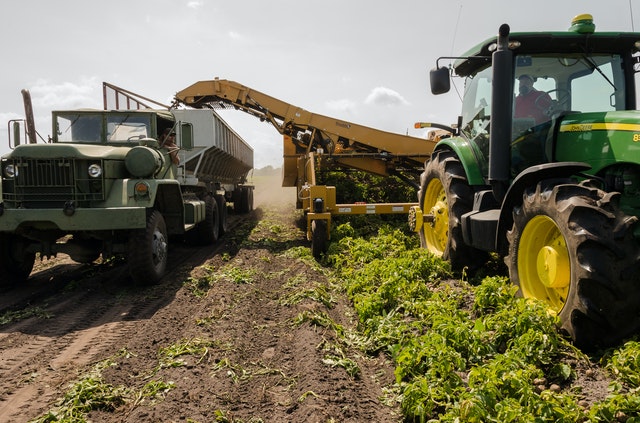Agro business and water infrastructure

The United Nations indicates that Africa’s population is close to 1.5 billion. To feed this number of people, there is an urgent need to redefine agricultural practice across the continent.
With 65 per cent of the population involved in Agriculture in one way or another, the continent must now move beyond subsistence agriculture to sustainable.
The Food and Agriculture Organisation (FAO) of the United Nations, in its State of Food Security and Nutrition in the World report for 2020 reveals that one in five Africans is undernourished, with 250 million people or 19.1% per cent of the population going to bed each night hungry across the continent.
However, the truly sad part is that 30% to 40% of the food produced on many farms in Africa never reach any plate – they go to waste! Clearly, planting methods, seeds, storage, logistics and processing challenges are major issues that need addressing.
Agriculture holds massive potential. Properly managed agricultural development can help reduce poverty, raise incomes and improve food security. We must also turn the spotlight on water infrastructure. Agriculture revolution will be a ruse without adequate water infrastructure. The herder–farmer conflicts in West and Central Africa are fueled by water scarcity. According to the African Centre data, “the Farmer-herder violence in West and Central Africa has increased over the past 10 years with geographic concentrations in Nigeria, central Mali, and northern Burkina Faso.”
Unfortunately, the water crisis is creeping into other countries of Africa. These crises are fueled by lack of adequate water infrastructure like irrigation schemes, bridges, culverts and underpasses, rural buildings and processing facilities, farm infrastructure, etc.
WOFA is ready to advocate for this cause with an eye on achieving food security, modernising the continent’s agro business model and building a robust water infrastructure across the continent.
